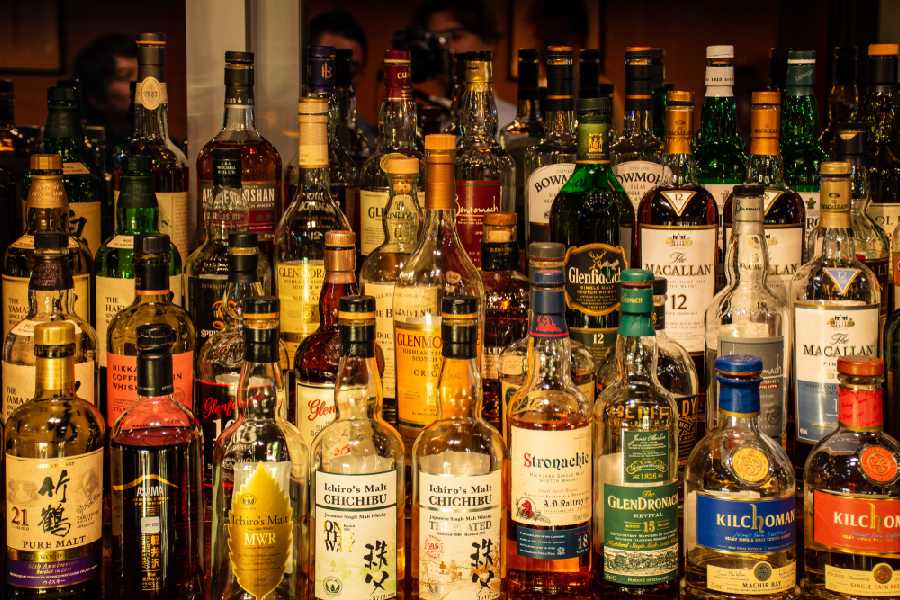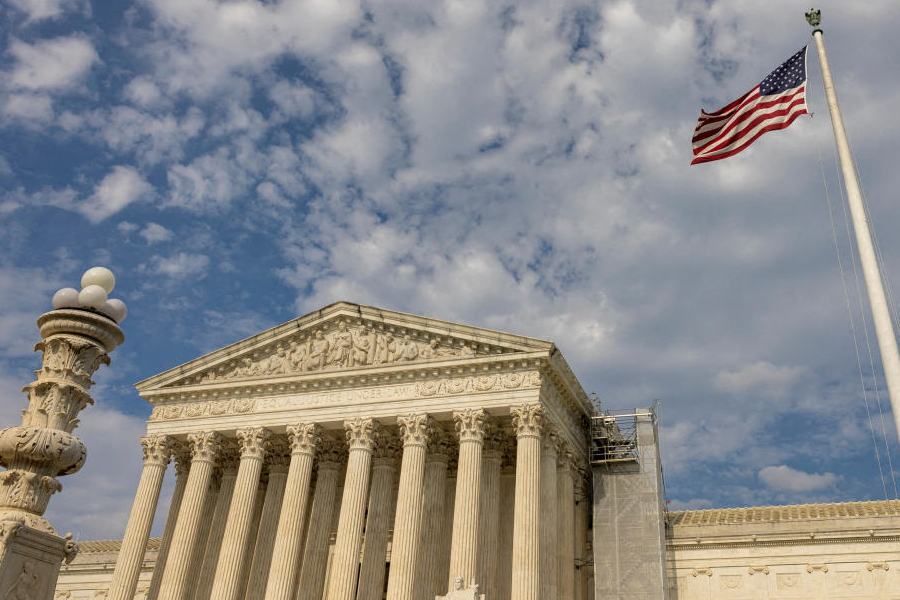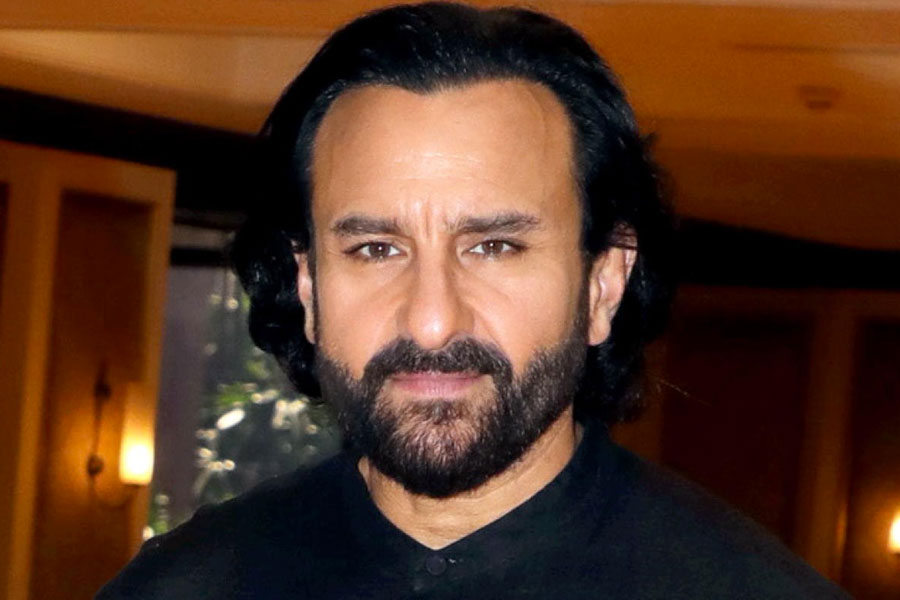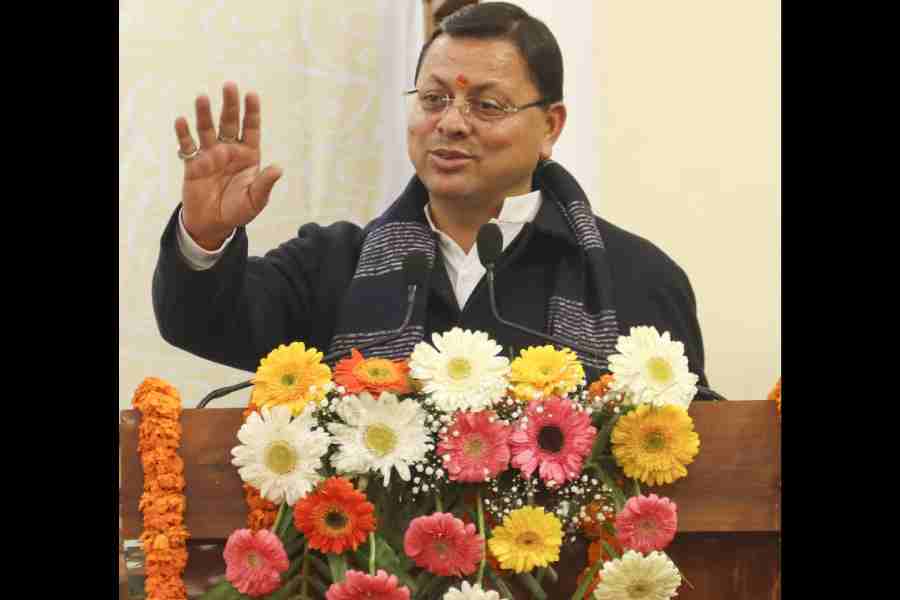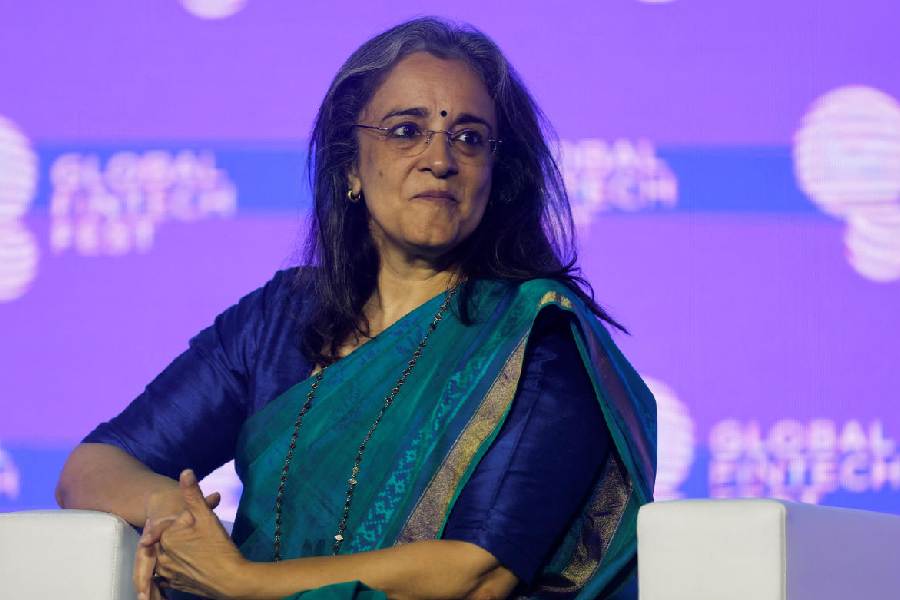Removal of non-tariff barriers in G20 nations such as minimum maturation condition for whisky will help in increasing exports of alcoholic beverages from India, apex body for liquor firms Confederation of Indian Alcoholic Beverage Companies (CIABC) said on Tuesday.
CIABC Director-General Vinod Giri said that the G20 countries not only account for 80 per cent of global alcoholic beverages imports, they also allow higher product prices and better operating margins.
However, India has a miniscule share of that pie, accounting for just 0.1 per cent of their imports.
"It is therefore a massive opportunity not only from the volume point of view but also from the value and profits. G20 nations have great interest in it. While allowing them better access to our markets, we must ensure a return access by demanding the removal of non-tariff barriers such as minimum maturation conditions for whisky that these countries have put up to protect their own industry," Giri said.
He added that many Indian alcoholic beverages products are comparable with the best in the world quality-wise, but attracting customers is not an easy task in highly competitive markets of the G20 countries.
"The G20 presidency with India has helped on that front by moving India towards the centre of this grouping. It has increased engagement with India and we hope it spills over to an interest in Indian products and a favourable disposition towards them," he said.
Giri also said that so far exports of alcoholic beverages have been driven by the industry with little intervention or support from the government, but the push by India's trading partners like the UK and Australia for liquor and wine has made the government take notice of the industry.
Seeing the opportunity in India, countries like the UK are seeking significant duty cuts on whiskey.
"We note a welcome interest in the government on promoting export of Indian alcoholic beverages products now. India is amongst the largest liquor markets in the world," he said.
Besides removing barriers, he suggested that Indian missions abroad can help in promoting domestic products by serving those in their official functions.
"This is a great endorsement and this is what every other country does. Our trade fairs and exhibitions should include Indian products. We must showcase our indigenous liquor like Feny, Mahua etc. to the world as a specialty," Giri said.
Alcoholic beverage exports from India to G20 countries are just 12 per cent of India's total alcohol exports.
G20 countries import USD 56.8 billion of alcoholic beverages, out of which India's share is just USD 36.7 million.
G20 has 43 members and not 20 countries. These include 19 countries (Argentina, Australia, Brazil, Canada, China, France, Germany, India, Indonesia, Italy, Japan, Korea, Mexico, Russia, Saudi Arabia, South Africa, Turkiye, the UK and the US) and the European Union (27-member group). Three EU countries -- France, Germany, and Italy -- are counted among 19 countries.
Share of G20 nations in India's merchandise export was 64 per cent and import was 52.4 per cent in 2022.
India's leading export destinations among G20 nations in 2022 were the US (USD 91 billion), the EU (USD 87 billion), China (USD 17.5 billion), the UK (USD 14.4 billion), Turkiye (USD 10.7 billion) and Saudi Arabia (USD 10 billion).
The country's leading import suppliers last year included China (USD 118.5 billion), the EU (USD 59.1 billion), Saudi Arabia (USD 43.3 billion), the US (USD 38.4 billion), Russia (USD 34 billion), Australia (USD 19.2 billion), Korea (USD 18.9 billion), and Japan (USD 13.9 billion).
Except for the headline, this story has not been edited by The Telegraph Online staff and has been published from a syndicated feed.

